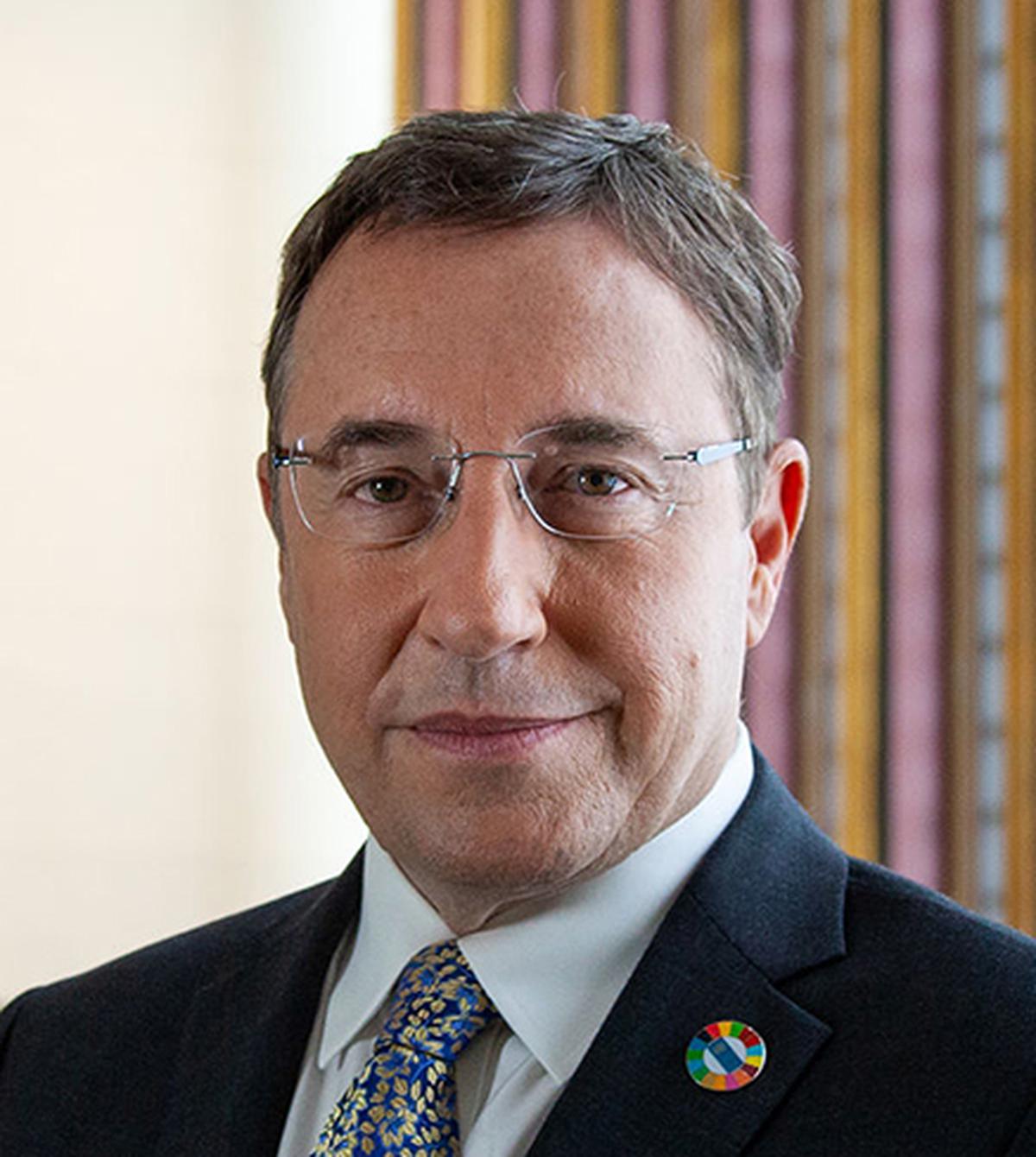
United Nations seeks help for developing world hit by rising debt costs
The Hindu
Achim Steiner, the UNDP’s administrator, cited World Bank and IMF figures indicating that some 60% of low-income countries are now at high risk of falling into “debt distress” — or are already in it — twice the number in 2015.
The United Nations' development programme (UNDP) is calling on rich countries and financial institutions in them to do more to help alleviate a growing debt crisis faced by the world’s poorest countries, including by writing off debts — not just rescheduling them.
A report from UNDP released on October 11 comes amid meetings by the World Bank, International Monetary Fund and Group of 20 countries in Washington that are expected to consider in part a growing debt crisis that is weighing on the developing world, as interest rates have climbed this year — raising the cost of borrowing.
India’s vulnerability in the global economic tumult
UNDP says the situation could jeopardise the fight against the impact of climate change, development programmes, and efforts to alleviate poverty — which has been among the key drivers of migration from the developing world to richer nations.
Achim Steiner, the UNDP’s administrator, cited World Bank and IMF figures indicating that some 60% of low-income countries are now at high risk of falling into “debt distress” — or are already in it — twice the number in 2015.
“These are sobering statistics,” Mr. Steiner said. “I think it doesn’t take much imagination to understand that this debt crisis threatens to spill over to an entrenched, sustainable development crisis, that could affect the ability of developing countries to cope with the COVID-19 pandemic or higher energy and food prices, for example,” he said.
“We shouldn’t wait for either interest rates to drop or for the global economy to tip into recession to act on debt,” Mr. Steiner said.













